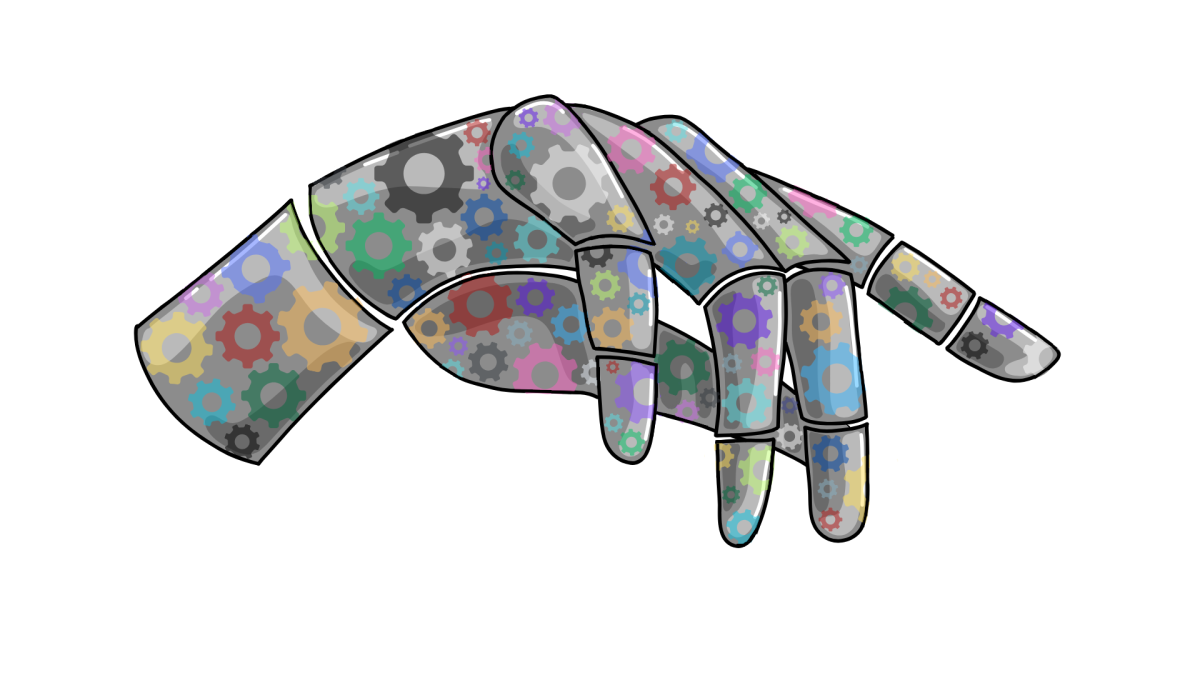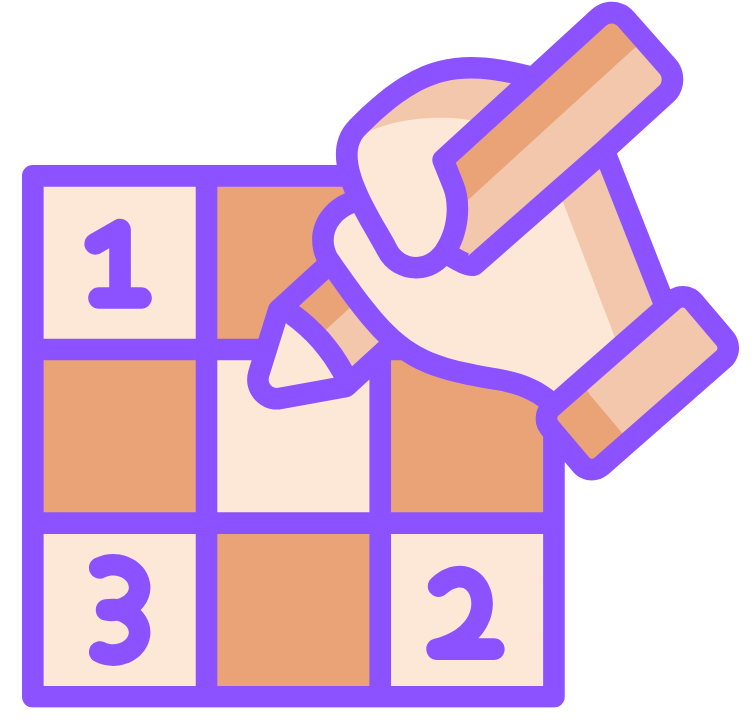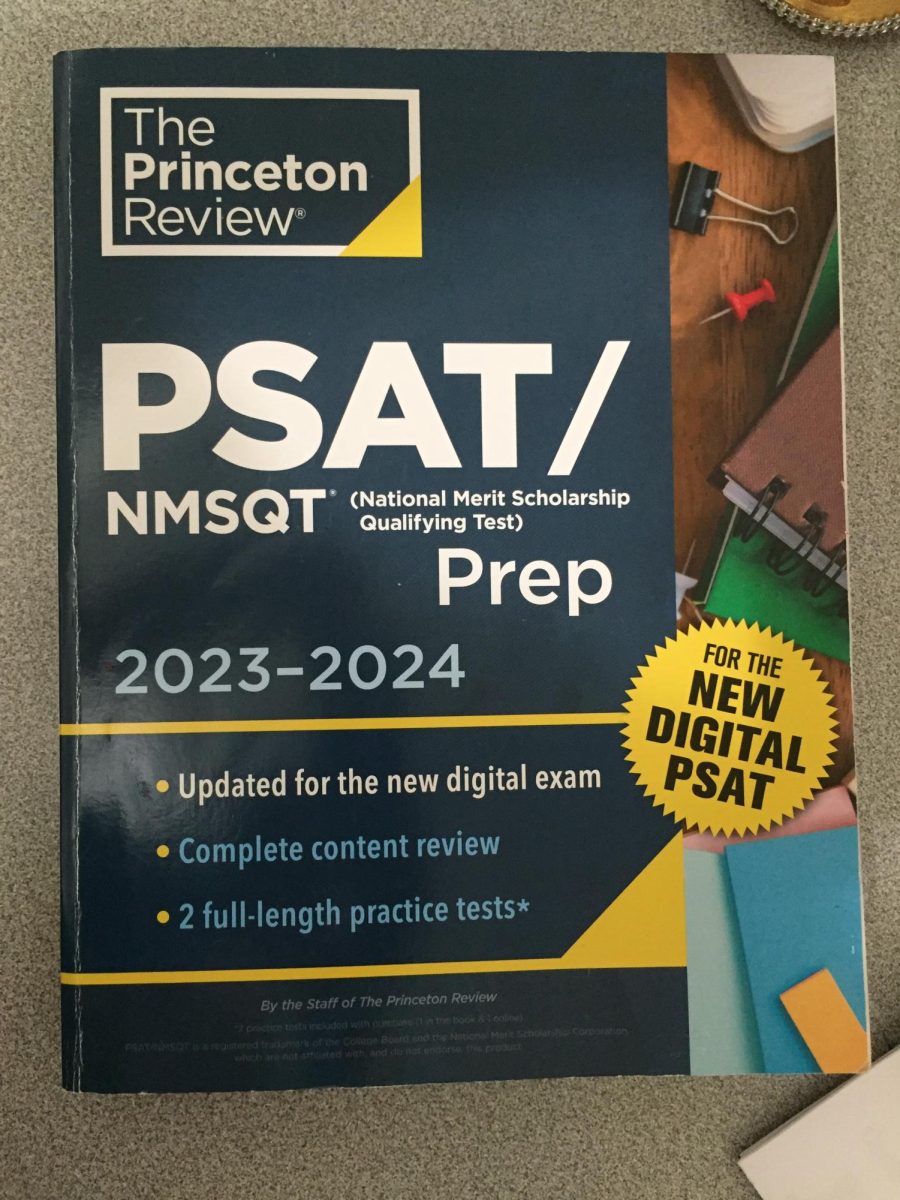At first glance, Marissa Meyer’s “Cinder” looks like a normal book. At 448 pages, it is barely visible on the shelf of a library or bookstore, its colors not flashy enough to catch someone’s attention, its length not absurdly long or short. However, “Cinder” deserves a second glance.
Once pulled off the shelf, the beauty of the cover of “Cinder” is revealed, intertwining skin and metal, humans and robots. In a time when prosthetic limbs are being adapted and advanced, “Cinder” delves into a question that emerges in biomedical engineering today: how far is too far?
Based on the fairytale Cinderella, “Cinder” is the first book in the Lunar Chronicles series and depicts a young cyborg named Cinder who is shunned by her family for being different. When she was 11, Cinder received artificial implants throughout her body—metal ribs, metal vertebrae, synthetic tissue, a brain implant, etc—all for the sake of saving her life, but all without her consent. Meyer, in this way, reveals not only the ways that biomedical engineering can evolve but also all of the rights it can violate in the process.
Throughout the book, Cinder seeks to escape her oppressive stepmother and then save her stepsister when she is infected with a new disease that has been sweeping through the city. This disease, called letumosis, brings her face to face with Kai, the crowned prince. Although the book focuses mostly on Cinder, Kai’s perspective is shown multiple times as he tries to find a cure for letumosis and fights to keep his country, the Commonwealth, out of the grip of an evil alien queen named Levana.
One thing I enjoyed about “Cinder” is the way Meyer seeks to rewrite the original Cinderella fairytale. Unlike Cinderella, Cinder is determined to make a life for herself without any help. She starts her own android shop and saves up money to pay her way out of the life of servitude she is forced into. She builds her own vehicle to escape the country when she has had enough of her current life.
However, more importantly, Cinder is a true hero. Even when she has the money to escape, she stays behind to help her stepsister. Even when she has the perfect opportunity to escape, she goes to the palace to help Prince Kai. Time and time again, she is selfless and chooses others over herself.
Through it all, Cinder isn’t perfect. She struggles with her own insecurities and doubts herself countless times, but she gets through it. She is resilient. She pulls herself up and becomes a true leader countless others can look up to. The fact that Cinder is a strong female heroine with insecurities and doubts just like everyone else draws me to the book simply because most books don’t focus on strong female characters or their flaws. By showing the imperfections of Cinder, Meyer signifies that everyone has imperfections, but that doesn’t stop them from being noteworthy.
Additionally, the characters in “Cinder” are refreshing. Cinder herself is unique in the fact that she is a gifted mechanic and a cyborg. She is not your stereotypical princess, following conventional standards of beauty and “proper” behavior. While everyone else is concerned with getting ready for the royal ball and swooning over Prince Kai, Cinder prefers to manage her android repair shop, living in a world of grease and oil.
Cinder’s sidekick, Iko, is even more distinctive with her humor and kindness. Even though she is an android, she still has her own unique feelings and emotions. That, combined with her bubbly personality, makes her a captivating and endearing character. I sometimes even forget Iko isn’t human!
Furthermore, unlike the stereotypical prince in the classic Cinderella, Prince Kai is not a flat character; he is caring and compassionate and insecure. He leads his country the best he can, but you can see the struggles he faces, the doubts he battles. Even though he suffers from devastating loss and pressure from all sides, he still manages to stand up to Levana and serve his country, all while staying true to himself. His funny and defiant nature along with his determination to keep his country safe and find a cure to the disease that plagues his home, even at the cost of his own happiness, makes him admirable.
Overall, “Cinder” is an amazing book, not only because of its cover and plotline, but because Meyer masterfully embeds controversial topics within along with universal themes like empowerment, love, and resilience. Even though it was written over a decade ago, “Cinder” still has relevance today because of its power to make a person think, to make them question the world around them and be curious.
“Cinder” is one of my favorite books of all time, and I would highly recommend you read it! It is so much more than just another fairytale; a whole other world is hidden within its pages, ready for you to explore, if only you’d look inside.







![Mock Trial members from Gold and Green team last year pose for a picture in front of the OCLRE building in Columbus. "We all put in so much work [last] year. I know [this] year we’ll come back improved and ready to win!” said Ogunbodede.](https://shsleaf.org/wp-content/uploads/2025/10/IMG_4121-1200x822.jpg)
